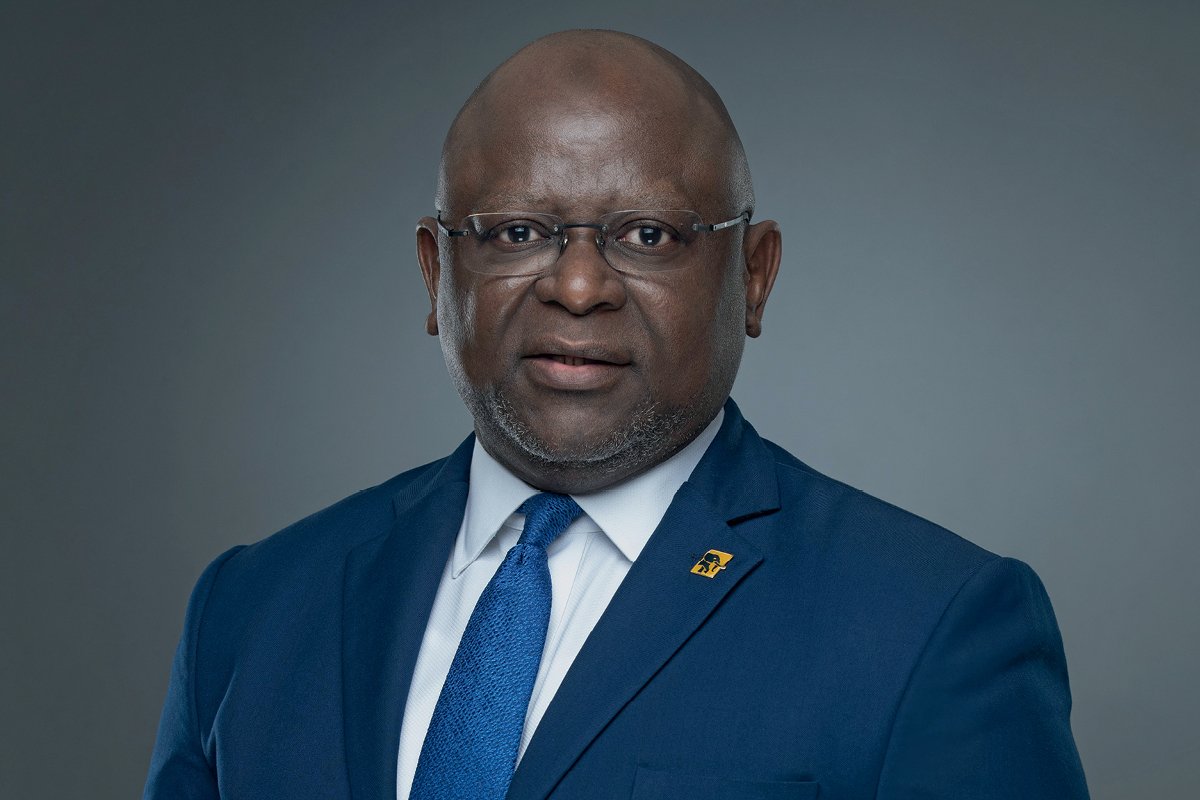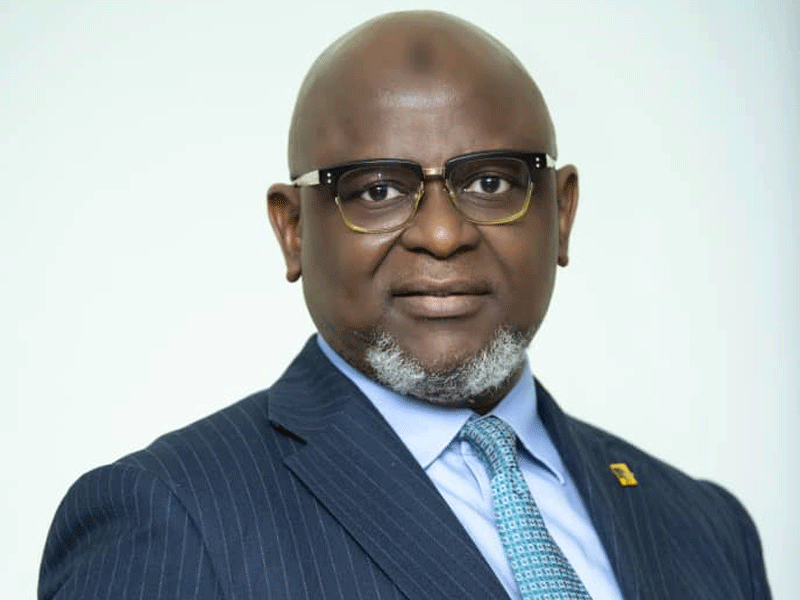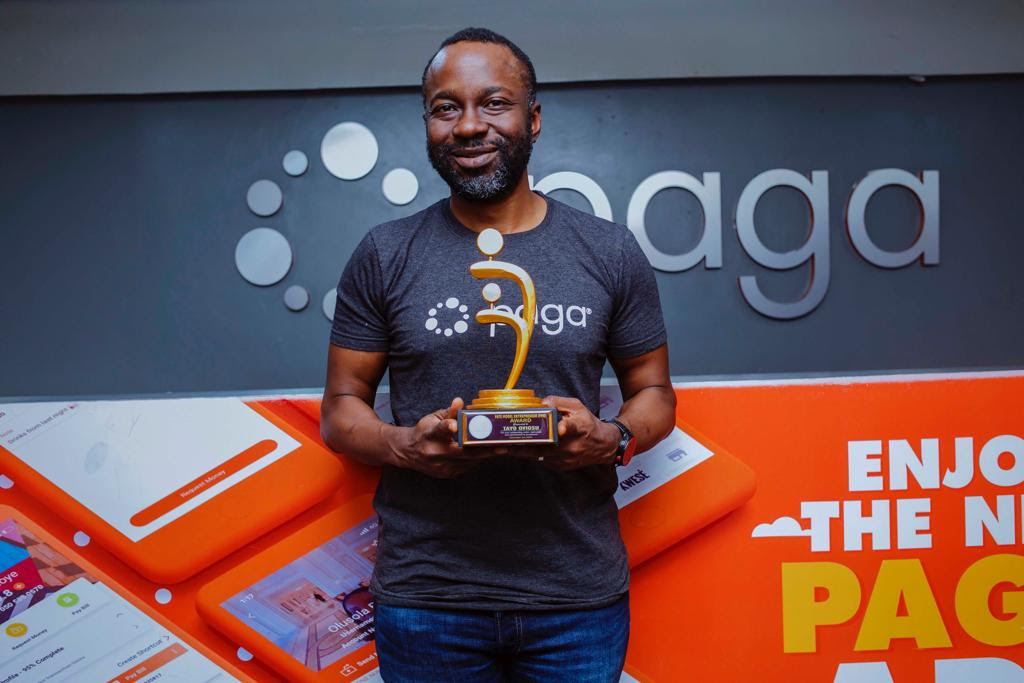“My father was a shareholder of some companies, including banks, and he periodically received annual reports from them,” he recalls. “I found myself developing a special interest in reading and reviewing them.”
This unusual reading material planted the seed of a desire to follow his father’s footsteps and enter the financial industry. There was only one obstacle to Adesola’s plan; his course of study in university was veterinary medicine.
To get his foot in the door of his preferred vocation, he joined a graduate trainee program at one of Nigeria’s leading banks. This marked the start of his financial career. After years of honing his knowledge in various sectors of the industry including auditing and consultancy, he returned to banking.
Today, he is at the helm of the First Bank of Nigeria (FirstBank) as CEO. It may have been the numbers in his father’s annual reports that first attracted him to the industry, but it is the people who have compelled him to stay. Adesola considers banking to be a service-oriented sector.
“One of the things I find most enjoyable and meaningful is seeing our customers satisfied with the financial solutions and offerings we provide,” he says. It’s a happy coincidence that his ethos is a perfect match with the bank’s.
This customer-first approach is becoming increasingly relevant in Nigeria’s current economic climate. The country’s central bank has set an ambitious target of attaining a 95% rate of financial inclusion in the population by 2024.
It is currently around 63.2%. The financially excluded is over-represented by people in the informal sector, many doing jobs such as harvesting crops, mining or selling goods at markets.
They are usually paid daily and do not have bank accounts. Despite not wielding much financial power individually, together, they contributed 65% to Nigeria’s GDP in 2018, making them a group that holds a lot of untapped potentials. It’s no wonder that the government has made catering to this sector a priority.
FirstBank is passionate about helping businesses grow on all fronts and we recognise that SMEs stimulate growth and development within an economy.
“The government’s directive is the main impetus behind every Nigerian bank’s push to accelerate the delivery of its financial inclusion initiatives,” Adesola reveals.
Driving this change at FirstBank is an agent banking network the firm has branded FirstMonie. As the largest verified network of its kind in Nigeria, it relies on more than 55,000 active agents on the ground to bring FirstBank’s services and products to customers and potential customers among the excluded.
These agents are authorised to perform basic transactions including opening accounts and bank verification number enrolment. Among the unbanked, solutions that require low financial commitments, such as micro savings, micro pension contributions, micro loans and micro insurance, are a good first step.
According to Adesola, through its agents, FirstMonie “covers 772 of the 774 local governance areas in Nigeria, and has processed more than 300 million successful transactions that added up to more than NGN5 trillion (€11.4 billion) as of the end of May 2020”.
The benefits of FirstMonie go both ways – not only does the initiative give the unbanked easy access to FirstBank’s solutions, it also empowers those delivering the solutions.
“Through agent banking, we want to energise the economy as well as support rapid and sustainable economic growth. The model has helped to tackle unemployment in urban, semi-urban and rural communities by creating more than 160,000 direct and indirect jobs in the country,” Adesola reveals.
Significantly, 23% of the agents are female and the bank intends to further increase this number. In line with its goal of female empowerment, it released FirstGem, a unique product with two variants – a current and a savings account – for all female working professionals or entrepreneurs over 18.
“This is our proposition for the modern woman, and it includes access to business development advisory services, business financing and a vibrant community of female entrepreneurs,” Adesola describes.
The bank’s attention isn’t just focused on a singular demographic. For other business owners, there is SMEConnect. As its name indicates, it is a portal for small- and medium-sized enterprises (SMEs).
Open to both customers and non-customers, it offers resources such as webinars, business clinics and informative articles. Of note is a diagnostic survey, which Adesola describes as “an online tool that assesses the health of businesses and provides practical solutions for areas of improvement”.
In addition, the bank runs FirstBank SME Week, which is typically an annual five-day event held at seven locations across the country to create awareness for its SME-friendly products and services.
“FirstBank is passionate about helping businesses grow on all fronts and we recognise that SMEs stimulate growth and development within an economy,” Adesola says.
“We understand the operating environment and build on the expertise developed in the SME segment to help small businesses develop into big businesses.”
In 2015, member states of the UN pledged to work towards 17 sustainable development goals (SDGs), set out in The 2030 Agenda for Sustainable Development. “Financial inclusion is an enabler for meeting these goals, specifically targeting eight of them,” Adesola points out.
One of the things I find most enjoyable and meaningful is seeing our customers satisfied with the financial solutions and offerings we provide.
The goals FirstBank is targeting are: one, eradicating poverty; two, ending hunger; three, providing health and wellbeing for all; four, quality education; five, achieving gender equality; eight, promoting economic growth and employment; nine, supporting industry, innovation and infrastructure; 10, reducing inequality; and finally, 17, strengthening partnership to attain the goals.
He explains the last of these, saying, “Financial inclusion has an implicit role in this goal because it promotes savings mobilisation for investment and consumption, which spur growth.”
Education is also a central goal for the bank; with schooling interrupted by the pandemic, the bank has worked to provide kids with e-learning options. These are enacted in partnership with organisations like IBM, Curious Learning and Roducate, with the aim to provide one million kids with e-learning access.
The needs of children can be easily forgotten in such times; the bank hopes to meet these. Adesola describes the bank’s approach to the SDGs as twofold. The first involves aligning the firm’s corporate responsibility and sustainability strategies with its business goals, using the Nigeria Sustainable Banking Principles (NSBPs), as well as global best practices as guidelines.
The second revolves around creating awareness among its staff and stakeholders. “I would like to see an industry where financial services and products are made accessible to more of the populace, both in Nigeria and every market where FirstBank has a presence,” he declares.
“Africa as a continent will not make the desired progress without significantly increasing financial inclusion.”










